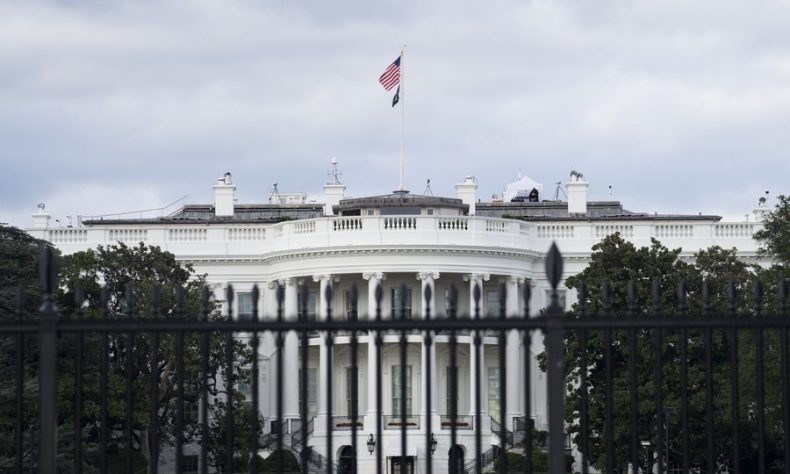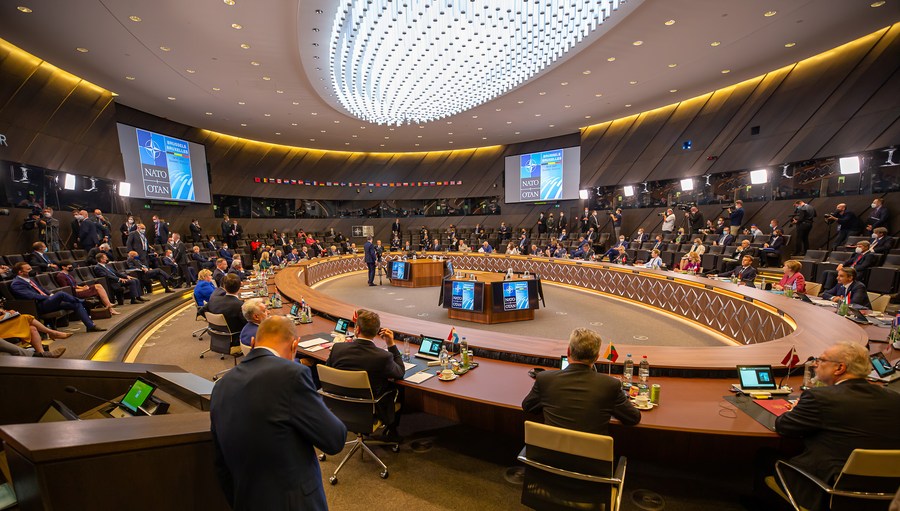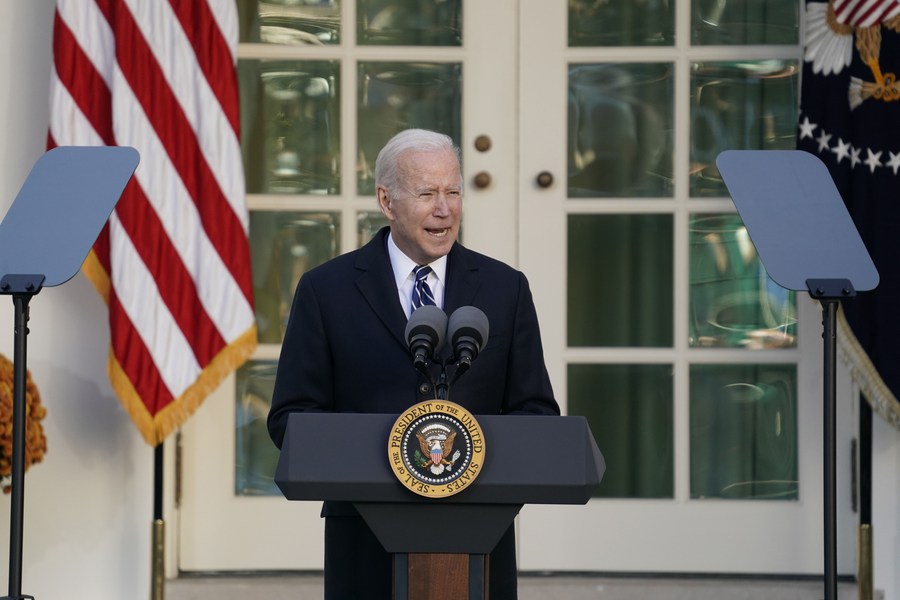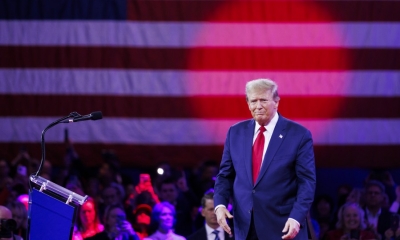Biden’s Democracy Summit Raises a Number of Questions

Washington must drop the idea that US democracy summits and various ad hoc coalitions can replace the United Nations as the core institution of the present international system.
US President Joe Biden’s “Summit on Democracy” on December 9 and 10 raises a number of questions. Not a few observers see it as a public relations gambit to promote a new phase of Cold War.
Background is important. Few analysts today note that the concept of rallying so-called “democracies” against “autocracies” is a US foreign policy consensus developed in the mid-2000s. The idea was to update the Cold War to confront a rising China and a returning Russia. For Washington, it is nothing new and was already entailed in the Obama and Trump foreign policy.
For those old enough to remember, this formulation of two blocs opposed to each other derives from the old Cold War bipolar world pitting the West versus the East. The propaganda of that era featured the slogans “Free World” versus “Communist World” and was seen by Western capitals as a deadly ideological and power confrontation. The United States anointed itself as the “Leader of the Free World”.
Biden himself has stated that he will bring the US back as the world leader and promote democracy. His association with the concept of opposing blocs and building an alliance of democracies is not new. He has supported the annual Copenhagen Democracy Summits since their inception in 2018.
It is no surprise that Anders Rasmussen, former NATO Secretary General and former Prime Minister of Denmark, in 2017 organized “The Alliance of Democracies Foundation” as an international consensus-building mechanism and host of the Copenhagen Democracy Summit.
Biden’s own Summit of Democracies derives from the aforementioned Copenhagen summits. These mechanisms strengthen the NATO alliance and extend its ideological and political warfare capabilities. By including business interests, economic warfare capabilities are strengthened. By including so-called non-governmental organizations information and political warfare capabilities are strengthened.

It is no wonder that China and Russia have expressed strong opposition. Beijing and Moscow perceive that Washington is up to its old Cold War tricks. In this case, the intensification of ideological warfare to promote NATO interests and to confront China and Russia and other countries, thus inciting split and confrontation in the world.
Democracy promotion involving ideological and political warfare is not an original American value. Back in the 18th and 19th centuries, US leaders saw their role as protecting the US Constitution. They did not see their role as undertaking crusades for democracy abroad. President John Quincy Adams (1767-1848) forcefully stated this foreign policy principle.
“America, in the assembly of nations, since her admission among them, has invariably, though often fruitlessly, held forth to them the hand of honest friendship, of equal freedom, of generous reciprocity”, Adams said in 1821. “She is the well-wisher to the freedom and independence of all. She is the champion and vindicator only of her own.”
The imperialist faction of the American elite broke with this tradition and launched the Spanish-American War of 1898. This policy mistake was later compounded by President Woodrow Wilson who had a quixotic vision of making the world “safe for democracy”.
Wilson’s vision is often referred to as “liberal internationalism” in foreign policy circles. It derives from the 19 century British foreign policy of “liberal imperialism” owing to the alignment of some US and UK elites.
So Joe Biden’s focus on spreading democracy and ideological confrontation is nothing new in the Democratic Party in the US. Republicans launched the imperialist 1898 war which then involved colonialism by, for example, grabbing Cuba and the Philippines.

In both the Democratic and Republican parties factions arose over foreign policy issues. Generally speaking, these were pro-imperialist and anti-imperialist. The Democratic Party national platform of 1900 opposed imperialism but later Wilson altered this stance.
The current push by US elites to promote democracy abroad must be taken in context. Examining the policy features such as ideological warfare and information warfare become apparent as policy tools.
The staged theater of Biden’s Summit of Democracies is not subtle statesmanship. Rather such grandstanding serves to create the pretext for a range of US global operations both overt and covert. Regime change, political influence operations, economic warfare, cyberwar and the like are part and parcel of such interventionist policy.
Is the Biden Summit of Democracies likely to lead to peace and development?
Given the sharp ideological tone of the planned event, some observers argue that it will stir up tensions around the world. Others note that the event appears to be an attempt to undermine the authority of the United Nations as the core institution of the present-day international system.
How many of the states attending Biden’s summit will sign up to be part of various “coalitions of the willing” led by Washington against various perceived “authoritarian countries” such as China and Russia not to mention Iran and North Korea.
Washington must drop the idea that US democracy summits and various ad hoc coalitions can replace the United Nations as the core institution of the present international system. Washington must drop its counterproductive ideological crusade, respect international law, and help reform and strengthen the UN system.
The article reflects the views of the author and not necessarily those of China Focus.
 Facebook
Facebook
 Twitter
Twitter
 Linkedin
Linkedin
 Google +
Google +







